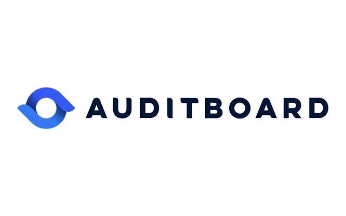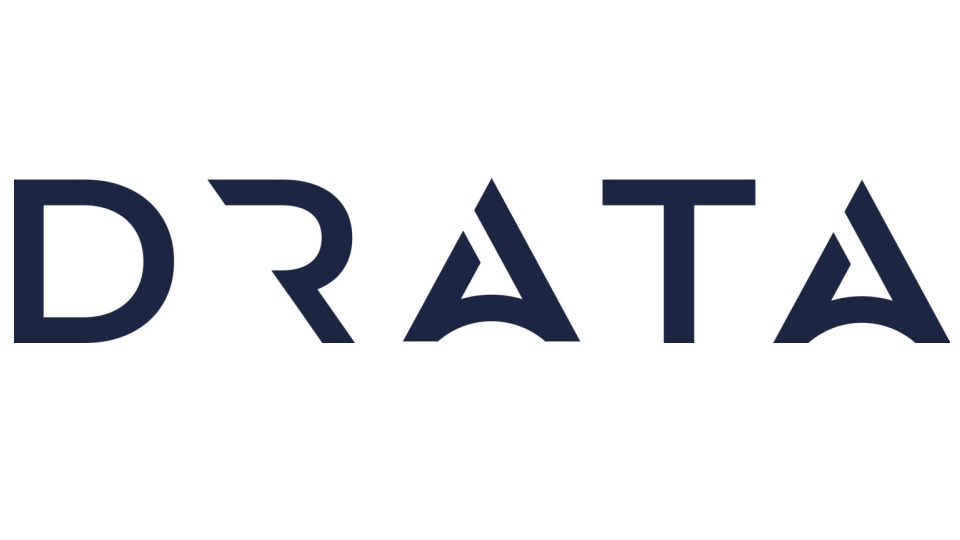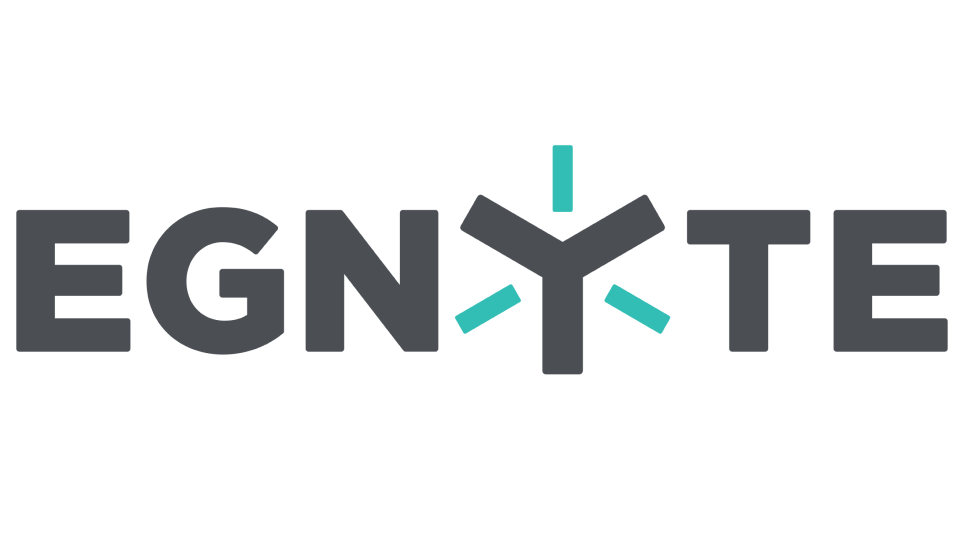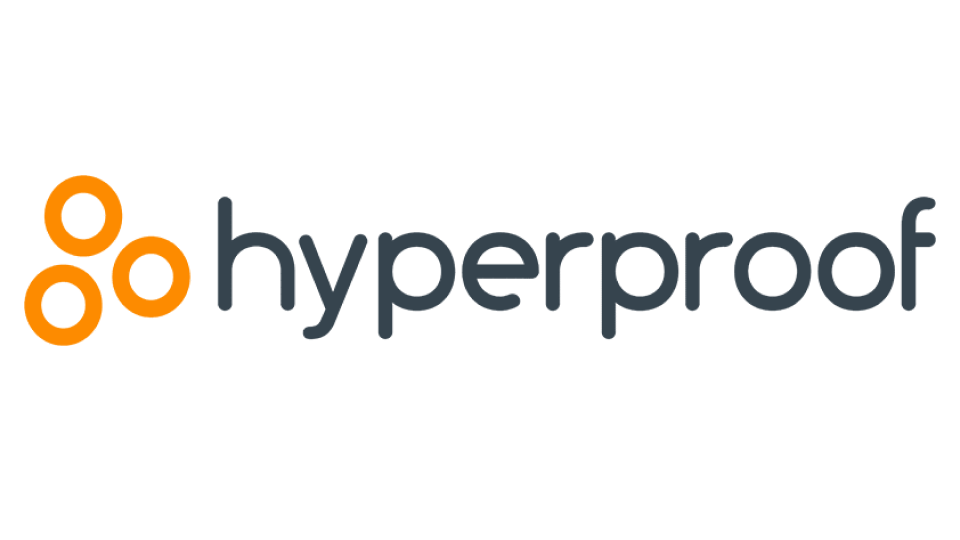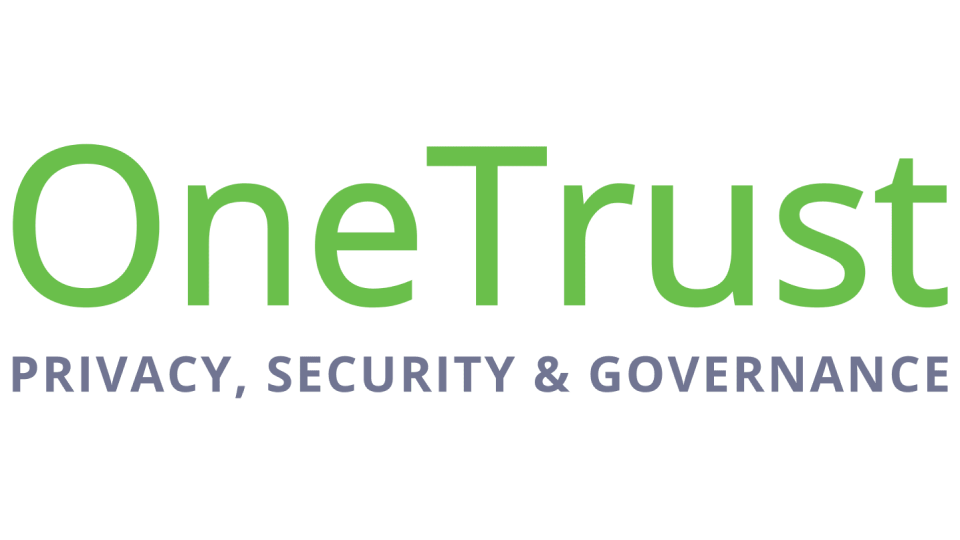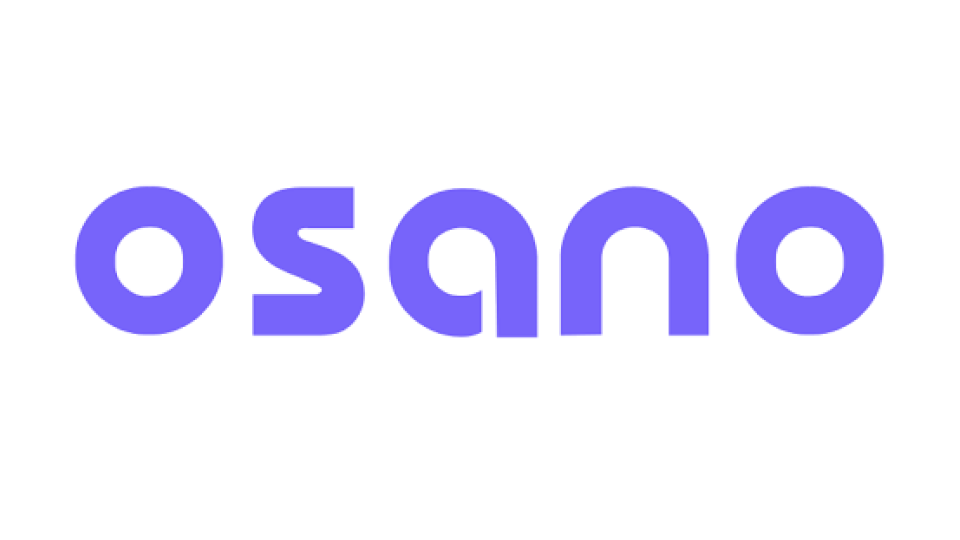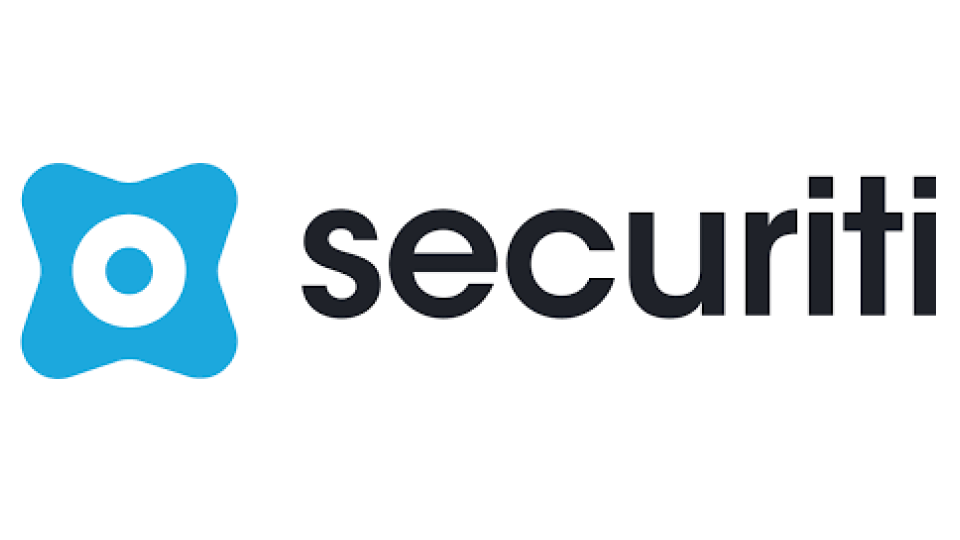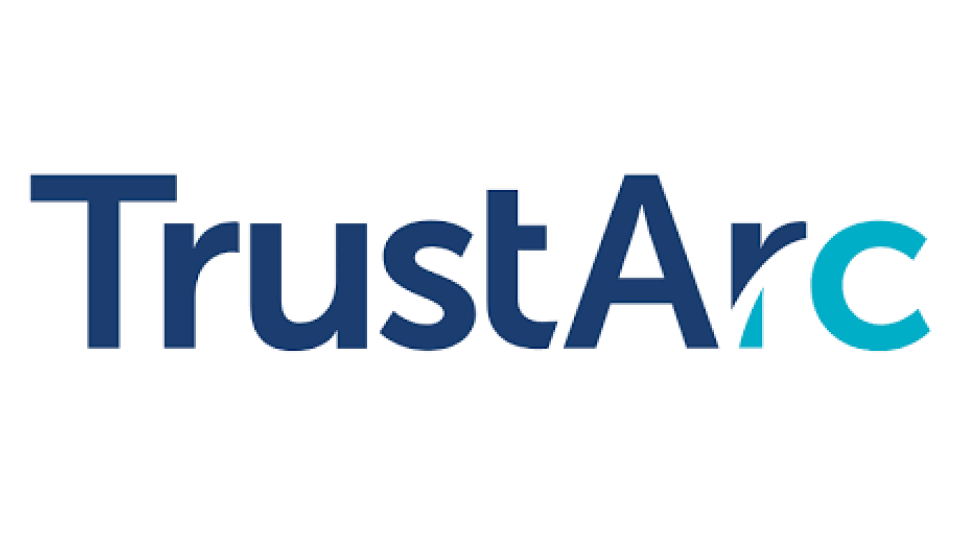Everything You Need to Know About GDPR Compliance Solutions (FAQs)
What Is A GDPR Compliance Solution?
The General Data Protection Regulation (GDPR) is a regulation relating to information privacy within the European Union and the European Economic Area. This regulation requires adherence with specific guidelines for handling personal data, which including ensuring that it is gathered legally, that it is kept protected against misuse, and that the data owners’ rights are respected.
GDPR compliance solutions are tools designed to support businesses adhere to the requirements of the GDPR. These solutions streamline the otherwise complex process of managing, storing, and processing personal data, which makes it easier for organizations to maintain legal compliance, data protection, consumer trust, and transparency.
Organizations should use a GDPR compliance solution to safeguard personal data, avoid hefty fines, and ensure accountability. By streamlining data protection efforts, these tools help to maintain customer trust, ensure regulatory compliance, and reduce the risk of data breaches and legal penalties.
How Do GDPR Compliance Solutions Work?
GDPR Compliance Solutions operate by scanning your data storage centers to identify Personal Identifiable Information (PII). These tools categorize and map data, providing visibility into where and how sensitive data is stored, used, and transferred. To maintain compliance, these solutions automate privacy impact checks, track consent, and aid in policy management by providing templates and audit trails. These solutions help organizations to discover and map personal data, manage user consent, conduct data protection impact assessments, and respond to data breaches.
By automating these processes, GDPR compliance solutions help businesses efficiently protect personal data, fulfil regulatory requirements, and respond quickly to data subject requests or breaches, minimizing compliance risks and potential fines.
What Features Should You Look For When Choosing GDPR Compliance Solutions?
When considering GDPR Compliance Solutions, you should look for the following features:
- Risk Management – By identifying, assessing, and mitigating risks related to the processing of personal data, organizations can proactively address potential privacy and security threats, ensuring compliance with GDPR. Effective risk management reduces the likelihood of data breaches, protects individuals’ rights, and helps avoid penalties.
- Data Discovery And Mapping – This involves identifying, locating, and cataloging personal data within an organization, as well as mapping its flow across systems and third parties. Data discovery and mapping are important capabilities for gaining visibility into how personal data is collected, stored, and processed, which helps to maintain data protection, supports data subject rights, reduces security risks, and enables effective data management for compliance purposes.
- Data Protection Impact Assessments – This means identifying and minimizing the privacy risks associated with processing personal data, especially for high-risk activities, by helping organizations to assess the potential impact on individuals’ privacy. Doing this supports better compliance with GDPR and allows organizations to easily implement necessary safeguards to protect personal data.
- Breach Response – How an organization detects, manages, and reports on data breaches is very important as GDPR has certain requirements, including the requirement that organizations must notify authorities within 72 hours of discovering a breach, and promptly inform affected individuals. GDPR compliance solutions help to ensure your breach response is well-coordinated, thereby helping to minimize damage, ensures legal compliance, and protects the organization’s reputation
- Consent Management – Organizations must record and manage user consent for data processing activitiessince GDPR requires organizations to obtain clear, informed consent from individuals before processing their data. It also allows users to withdraw consent at any time. Effective consent management is necessary for maintaining legal compliance and user trust, helping organizations to avoid penalties.
- Comprehensive Reporting. – Being able to generate detailed reports on data processing activities, consent records, breach incidents, and compliance efforts is very important as this provides transparency, demonstrates GDPR compliance to regulators, and helps organizations monitor their data practices.



